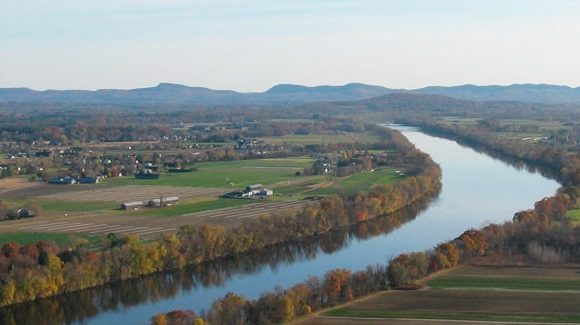Since the late 1960s there has been a notable acceleration in America in the demand for rural residential land within commuting range of urban and suburban employment and service opportunities. American rural residential households do not seem to purchase acreage tracts primarily for their `productive’, or resource value, however. Instead, they purchase rural land for its `consumptive’ or residential value, as its value is primarily derived from the bundle of residential attributes associated with it. Over time, rural land within commuting range of metropolitan areas becomes underproductive and idled –– a situation which precedes urban sprawl. Rural residential development has thus become a focus of debate on the effects and inefficiencies associated with urban sprawl. Yet, not enough is known about the nature of the rural residential land market. It is argued that American rural residential households are different from their suburban and urban counterparts for at least three reasons. First, they are distinguishable for their pursuit of self-sufficiency, self-expression, and the cultural status that a rural residential lifestyle offers. Second, they seek low cost rural jurisdictions in order to afford more housing and land than they could afford in higher cost urban and suburban locations. Third, they value distance from the city center colinearly with externalities such as pollution, crime, overcrowding, and noise associated with central city areas. In the latter sense, American rural residential households value land more highly the farther away it is from the city center, but discount land value the farther away it is from the boundary of urban development. In light of these considerations, this paper (a) reviews the literature describing the motivations of American rural residential households, (b) poses a theory of the American rural residential land market, (c) applies the theory to a case study, and (d) offers implications of the theory to planning efforts aimed at preserving resource land and containing urban sprawl.
Publications
Towards a Theory of The American Rural Residential Land Market
Publication Name
Journal of Rural Studies
Links
Author
Arthur C. Nelson
Publisher
Bristol, UK: Journal of Rural Studies
Page Numbers
309-319
Publication Date
January 01, 1986
Publication Type
Articles
State
National
Keywords
Land Use Changes





